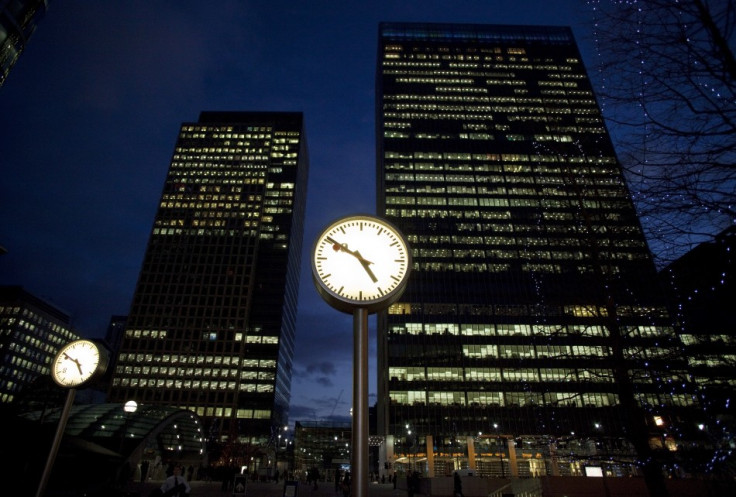PCBS Final Report: CBI Rejects Call for New Criminal Sanctions Against 'Reckless' Bankers

Britain's biggest business lobbyist, the Confederation of British Industry, warned that enforcing existing sanctions to fine and imprison bankers is way to clean up the banking industry, not creating new ones.
The statement follows a highly anticipated report, by an influential group of politicians, that urge the government to create new codes and laws to jail more 'reckless' bankers.
The Parliamentary Commission on Banking Standards (PCBS), which published its report almost a year after being appointed, has called for senior bankers that "seriously damage" their institutions or risk taxpayers' money to be fined, blacklisted from the industry, or even hurled in prison.
"Senior personnel in banks have a huge responsibility to set the right tone and culture," said John Cridland, director-general of the CBI, which represents 240,000 businesses in the UK.
"It is important to have a vigorous vetting procedure in place and we back a broadened licensing regime with a single set of standards. Employees who have been struck off should not be able to work in the sector again.
"There are tough criminal sanctions in the UK for those who engage in fraudulent behaviour. Enforcing these must come before the introduction of new sanctions."
The PCBS was set up by Prime Minister David Cameron at the height of the Libor fixing scandal, which has seen giant banks such as Barclays and UBS slapped with record fines from regulators for attempting to manipulate the key benchmark rate.
MPs and peers on the commission, which included former chancellor Lord Lawson, were ordered to probe the culture and standards within banking, with a view to improving behaviour and performance in the financial sector.
They took evidence between 21 September 2012 and 6 March 2013 for their report. During that time, it asked more than 9,000 questions and heard 161 hours of evidence from hundreds of witnesses, across 73 sessions.
Labour called for the report's recommendations, which also included improving competition in the banking sector, to be implemented.
"This report sets out a radical blueprint for change on professional standards, regulation, competition, pay and accountability. It is vital that the Government and the banks rise to the challenge," said Ed Balls, the Labour shadow chancellor.
"The Chancellor should now get on and implement this report in the Financial Services Bill currently going through Parliament.
"And he must rethink his refusal to implement some of the recommendations of the commission's previous reports, including on the need for a backstop power for full separation of the banks. This is no time to duck radical reform."
A number of bankers have faced criminal charges since the financial crisis.
Most recently, the UK's Serious Fraud Office (SFO) charged former Citi and UBS trader Thomas Hayes with conspiracy to defraud in connection with the investigation by criminal investigation unit into the manipulation of Libor.
Hayes, 33, was charged with eight counts of fraud in total by the SFO. He already faces criminal charges in the US from the Department of Justice from December 2012.
© Copyright IBTimes 2025. All rights reserved.






















